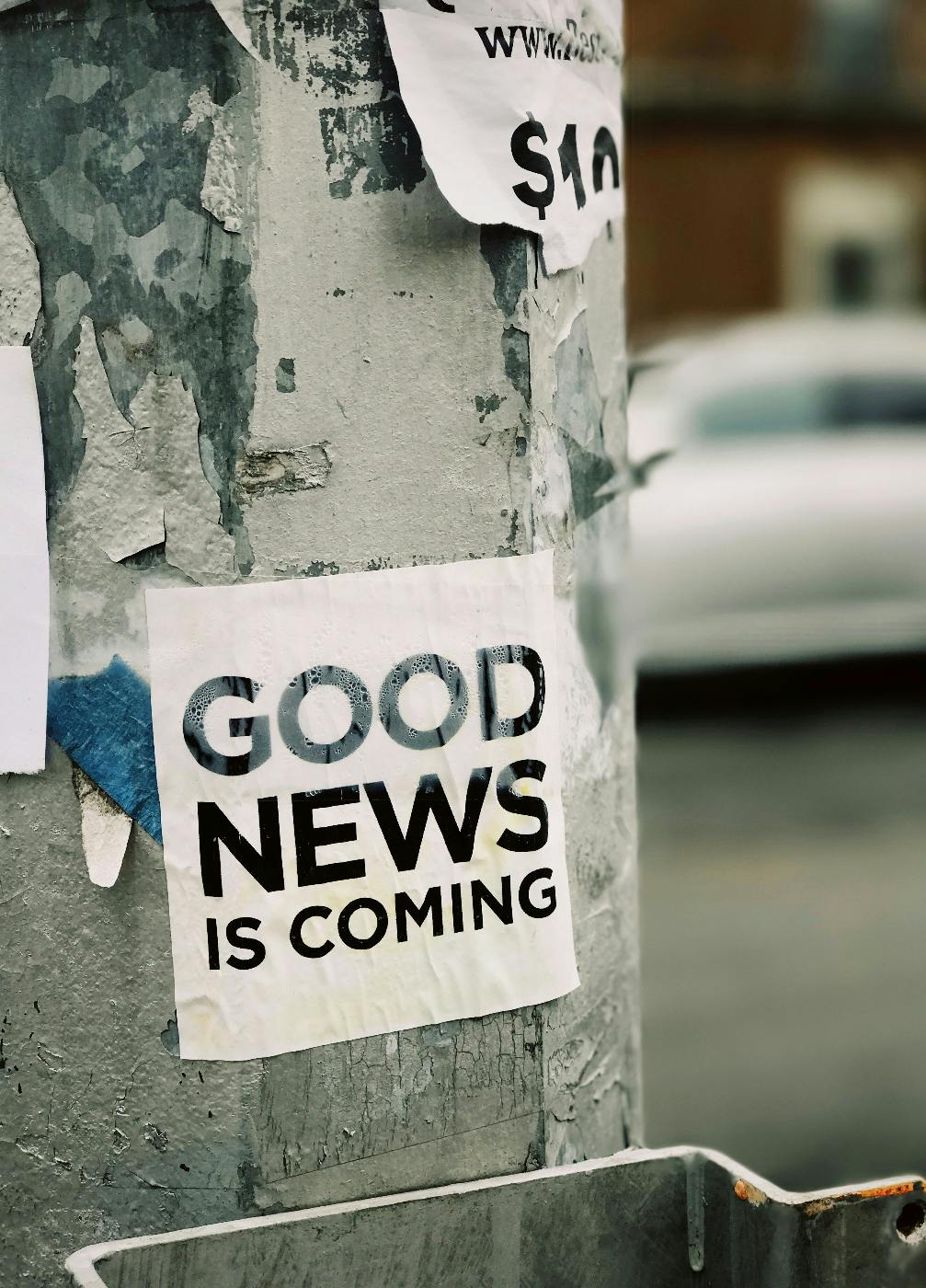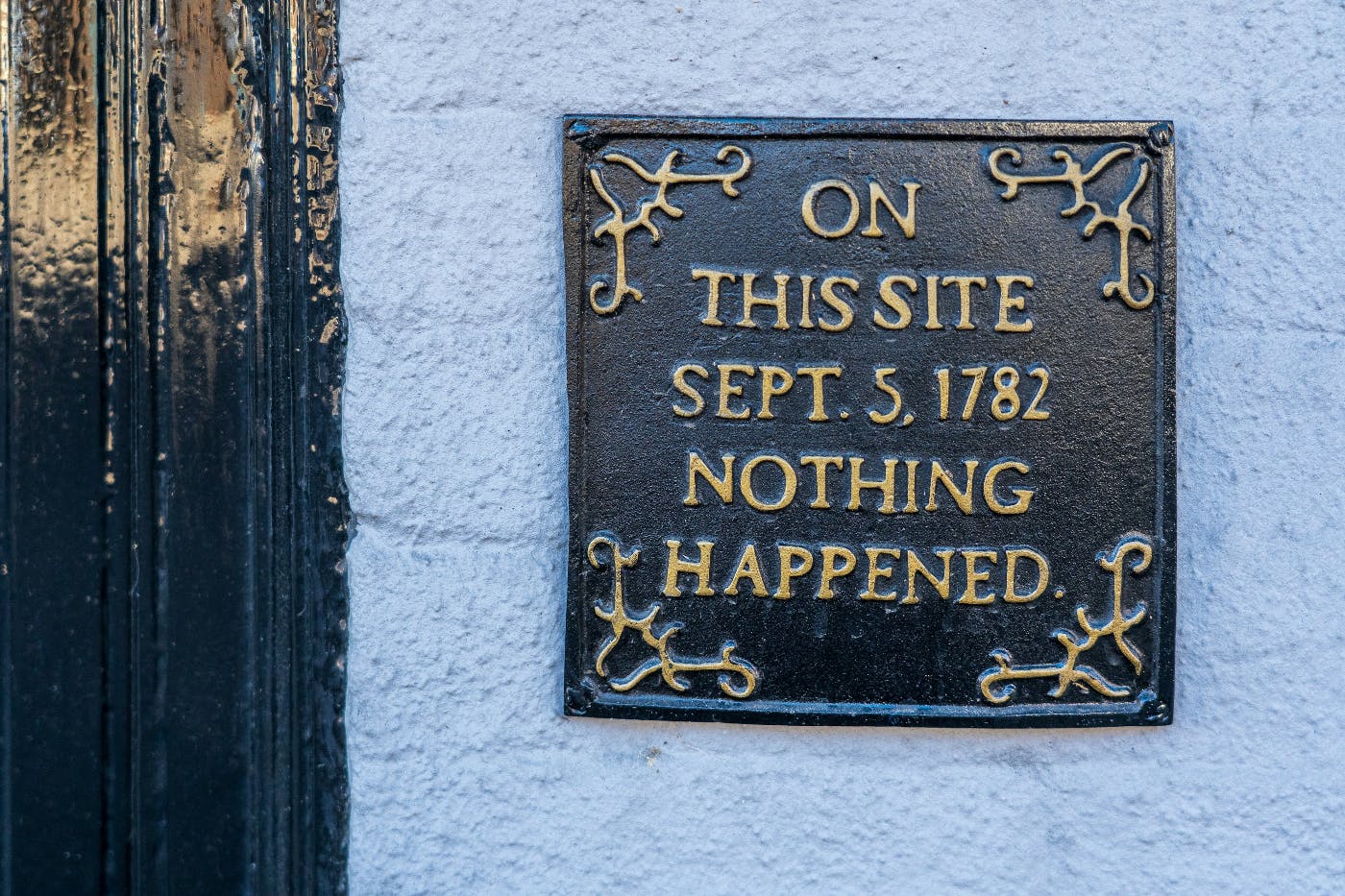
Humor, when used effectively, can serve as a potent tool for building rapport, diffusing tension, and fostering stronger connections with clients.
I was an improv street performer at Disneyworld in Florida many years ago. I worked with some very fast and funny people. On rainy days, we weren’t allowed on the streets because our costumes were … you know, to this day, I have no idea why we were allowed to work in the rain, but we weren’t. On those days, rainy days, we’d sit in the trailer and we would make each other laugh. Those were some of my favorite days. The people I worked with were so funny; they made me funnier, and I learned a lot from them.
I find humor to be necessary. It has saved my life from time to time. Though I’m not very funny, I can still get a laugh now and then, and I have learned how to read a room. Humor, if you are truly funny, is an excellent tool in business. It can ease tension, lift a room, get you out of a sticky situation, and more. Humor is a lifesaver.
But humor, if you have no idea how to use it or if you’re just not funny, can be a death trap. With that in mind, I thought today I’d talk about humor and work: when humor is good, when to avoid it, and how to weave it into work.
In business and professional relationships, the notion of humor might seem like an unexpected ally. After all, isn't business supposed to be all about professionalism, seriousness, and unwavering focus? While those qualities certainly have their place, the power of funny should not be underestimated. When used effectively, humor can serve as a potent tool for building rapport, diffusing tension, and fostering stronger connections with clients. So, as I said, we'll explore the myriad benefits of incorporating humor into client interactions and provide insights into how to wield it with finesse.
"As long as the world is turning and spinning, we're gonna be dizzy, and we're gonna make mistakes."Quote:
Mel Brooks

Understanding the Role of Humor in Client Relationships
Before delving into the practical applications of humor in client interactions, it's essential to understand why humor holds such sway over human interactions in the first place. At its core, humor is a universal language that transcends cultural and linguistic barriers. It can break down barriers, establish common ground, and forge connections between people.
In business, where transactions often hinge on trust and rapport, humor can be pivotal in building bridges between clients and service providers. When clients perceive their advisors or vendors as approachable, relatable, and capable of seeing the lighter side of situations, they are more likely to feel at ease and confident in the partnership.
The Benefits of Incorporating Humor
Building Rapport: Humor serves as a powerful icebreaker, allowing clients and service providers to connect more personally. Shared laughter can create a sense of camaraderie and mutual understanding, laying the groundwork for a more collaborative and productive relationship.
Diffusing Tension: In high-stakes situations or during difficult conversations, humor can act as a pressure valve, diffusing tension and alleviating stress. A well-timed joke or witty remark can defuse conflicts, steer conversations away from potential pitfalls, and foster a more constructive dialogue.
Enhancing Communication: Humor can break through communication barriers and make complex topics more accessible and digestible for clients. Service providers can capture clients' attention, increase engagement, and ensure that critical messages resonate by infusing presentations, proposals, and discussions with humor.
Learn More: Listening
Fostering Creativity and Innovation: A lighthearted atmosphere can stimulate creativity and encourage clients to think outside the box. When clients feel comfortable expressing themselves and sharing ideas without fear of judgment, they are more likely to contribute innovative solutions and insights.
Learn More: Creativity
Boosting Morale and Loyalty: Humor can uplift spirits, boost morale, and strengthen bonds between clients and service providers. Clients who enjoy working with a team that injects fun into their interactions are likelier to remain loyal and recommend their services to others.
Learn More: Loyalty
“No matter what anybody tells you, words and ideas can change the world.”Quote:
Robin Williams
Strategies for Leveraging Humor Effectively
While the benefits of incorporating humor into client interactions are clear, wielding it with care and consideration is essential. Here are some strategies for leveraging humor effectively:
Know Your Audience: Understand your client's preferences, cultural sensitivities, and communication styles before deploying humor. What might be amusing to one client could fall flat or even offend another.
Keep it Professional: While humor can be a powerful tool, maintaining professionalism is crucial. Avoid jokes or comments that could be construed as inappropriate, offensive, or off-color.
Be Authentic: Authenticity is critical to successful humor. Clients can quickly sense when humor feels forced or insincere. Instead, let your natural wit and personality shine through in your interactions.
Learn More: Authenticity
Timing is Everything: Mastering the art of timing is critical when it comes to humor. Be mindful of the context and tone of the conversation, and look for opportune moments to inject humor without detracting from the matter at hand.
Learn from Mistakes: Not every attempt at humor will land perfectly, and that's okay. Learn from missteps or misunderstandings, and use them to refine your approach and deepen your understanding of your clients.
Learn More: Embrace mistakes
Real-Life Examples of Humor in Client Interactions
To illustrate the power of humor in client relationships, I Googled humor in the workplace; let's consider a few real-life examples on offer:
The Icebreaker: At the outset of a client meeting, a consultant lightens the mood by joking about the unpredictable weather or the challenges of finding parking in the city. This simple icebreaker helps set a relaxed tone for the discussion ahead.
The Unexpected Analogy: During a presentation on market trends, a financial advisor compares the stock market's volatility to a rollercoaster ride, complete with twists, turns, and unexpected thrills. This analogy simplifies a complex concept and injects a dose of humor into an otherwise dry topic.
The Self-Deprecating Remark: In the midst of a technical glitch during a virtual conference call, a software developer playfully quips, "Looks like even our cutting-edge technology needs a coffee break!" This self-deprecating remark helps ease tension and demonstrates humility and grace under pressure.
The Personal Connection: When a service provider learns that a client shares a passion for a particular hobby or interest, they incorporate subtle references or jokes about that topic into their interactions. This personal touch demonstrates attentiveness and reinforces the bond between the client and service provider.
None of these situations strike me as new, innovative, or hilarious. However, they are situational and would most likely raise a chuckle. I offer them as examples of simple and non-offensive humor in the workplace. These examples show readers that you can inject some simple humor into many situations with a bit of listening and trust in yourself. You don’t have to be Lenny Bruce to add humor to your work or life. Simple, what’s in your mind, what’s in your world, what’s going on at the moment that you can observe from a different direction and find humor.

Being funny
Some say Funny is a skill, and if it is a skill, anyone can learn how to be funny. If you Google, can anyone be funny, you’ll get that answer. Yes, it’s a skill that everyone can learn. My funny friends say you just have it; you know what it is to be funny, and then, if you’re interested, you hone the skill. But the kicker here is you have to understand it. You have to know, deep inside, that you’re funny.
Most people want to be funny, and most people are. Yes, that’s what I said; most people are funny. Maybe they aren’t stand-up comedian funny, but in their little circle, they say some funny things, make funny observations, and make the room laugh at the Christmas party; they are funny.
The real question is, do you want to be a comedian? My father, whenever we were being stupid as kids or being pains in the ass, would always say: “You wanna be funny, get paid for it.” I was so happy when I landed my first job doing improv comedy for Disney. I called him up and said, “Hey, Dad, I’m getting paid to be funny.” And he said, “ Make sure they keep the receipt.”
My Dad was funny. He had great timing, and I learned that from him. He didn’t put a lot of stock in being funny; he was funny when he wanted to be, and that was fine for him.
So, when discussing humor and being funny, you must understand why and how you want to use humor. Do you want to do stand-up? Do you want to be able to look at a situation and see it from a different perspective that is funny? Do you want ot be able to take something someone says and find a humorous way to restate it?
There are many ways to be funny. You have to define it for yourself and then apply your energies in that direction. Being funny is good; it’s an excellent trait, but if you’re unsure or hesitate, it can get really uncomfortable and drastically change the direction of a client meeting. My advice is that if you don’t think you’re funny, finding out the truth in the middle of a major client meeting is not the way to go.
I believe funny is a skill that can be learned, but again, if you’re seeking to be funny, be sure you’re specific about why.
Summing Up
In the world of business, where pressures and expectations run high, the ability to infuse interactions with levity and humor can be a game-changer. By leveraging humor effectively, service providers can build stronger relationships, enhance communication, and differentiate themselves in a crowded marketplace. However, it's essential to approach humor with sensitivity, authenticity, and discretion. When wielded with care and finesse, humor has the power to transform client relationships from transactional exchanges into meaningful partnerships built on trust, collaboration, and shared laughter.

